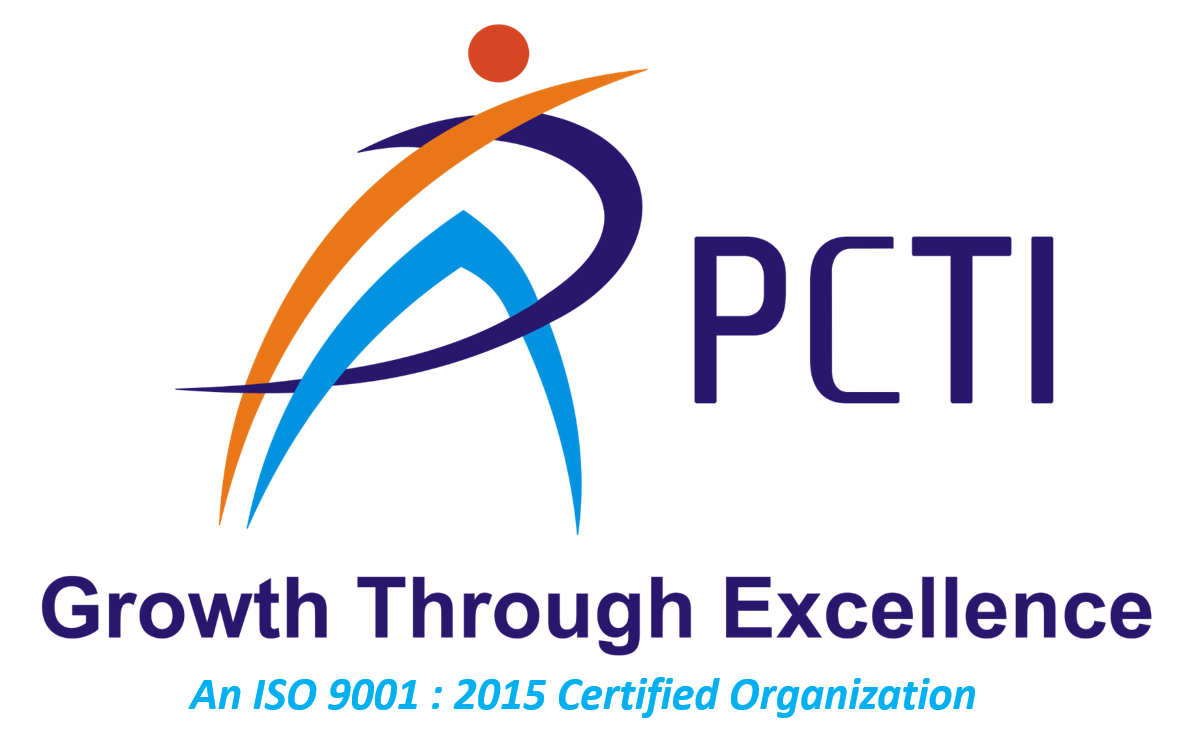Emotional intelligence at the work place
Times have changed at workplace culture; motivation and productivity are under enormous stress to stay afloat, it is important to note that attracting and hiring the best talent to reach your organization’s goals is a two-way street. To understand the difficulties of being apart, digital burnout, and sometimes less than optimal work environments, you need a plan. Motivating employees to innovate to do well in their role is the first step to turnover cost to employee’s well-being. If your organization is planning for growth, employee engagement is the investment you need to make.
We are going to talk about Emotional Intelligence at the work place and will discuss how to improve it for individual employees and the organisation as a whole.

WHAT IS EMOTIONAL INTELLIGENCE AT THE WORK PLACE?
EQ refers to someone’s ability to perceive, understand and manage their own feelings and emotions”
There Are 5 Distinct Parts Of Emotional Intelligence
- Self-awareness
- Self-regulation
- Internal (or intrinsic) motivation
- Empathy
- Social skills
Emotional intelligence is a vital consideration in the workplace for many reasons, but there are two that really stick out:
- It is linked to higher job satisfaction for those with high EI/EQ as well as employees who work with or are managed by those with high EI/EQ.
- It is strongly associated with job performance.
EMOTIONAL INTELLIGENT WAYS TO INCREASE EMPLOYEES ENGAGEMENTS
Employees training and development have to be reciprocal and empathetic process where employee feels that you value and his work investment in his business. Motivating a work place for innovation, productivity and collaboration is easier but creating an environment and culture to the employees do well in their work. Acknowledging employee’s work helps him to grow with an organization. Let us discuss emotional ways that can increase the employee’s engagements.
- SET CLEAR EXPECTATIONS Employees should know the set goals and objectives and a clear understanding what is expected of their role, department and the organization as a whole. Individual roles give a meaning to the task what they have to achieve it.
- STAY CONNECTED effective communication and collaboration through video calls, meetings and messages have made us work together on the same projects at the same time being apart. Always check the work what other colleagues are doing both personally and professionally provide the support as and when required. It develops professional relationships and a simple ‘’How are you doing’’? Can make all the difference.
- TRUST YOUR PEOPLE it is important to uphold the understanding of mutual trust within your organization. It creates an environment where propel flourish and grow in personal and organizational level. Believe in your employee’s ability and foster mutual respect and trust through accountability effectively eliminating the need for micromanagement.
- MANAGE ACCOMPLISHMENTS, NOT ACTIVITY developing trust in employee-leader relationship starts with giving up control of the small stuff to allow employees the freedom, creativity and innovation to successfully reach their goals.
- ENCOURAGE GROWTH AND LEARNING creating a culture of learning and development in the organization shows that you appreciate their investment in you and in turn invested in them. When employees are confidant in their leadership they learn new skills and grow within their roles.
- GIVE AND RECEIVE FEEDBACK giving periodical feedback and checking in with the employee is a managerial must have. It is also an opportunity to receive feedback and give acceptance to their opinion of their performance. An “open-door” policy for honest and constructive conversation gives employees the ability to develop assertiveness and independence.
- EMPHASIZE WORK CULTURE belief in organizational culture motivates employee toward a shared vision and goals. Giving consistent and thoughtful recognition to those who have accomplished goals show leadership’s commitment to employees. Always encourage employees to do the same for their colleagues and the teams and watch your company culture flourish.
- ENCOURAGE VOLUNTEERING working together to achieving socially responsible goal can increase team work, friendship and togetherness Promoting the achievement of these goals across all levels is a great way to show your organizational empathy and help you attract and retain employees who want to work for an organization that cares.
- CELEBRATE PROPLE Employees are the driving force behind every successful organization, so don’t forget the human side of your business. Celebrate accomplishments, birthdays, retirements, newcomers, etc. Always remember that your colleagues, leaders and employees are all human-beings and individuals with a multitude of perspectives, emotions and stressors. Showing empathy is the key to having an emotionally intelligent organization.

